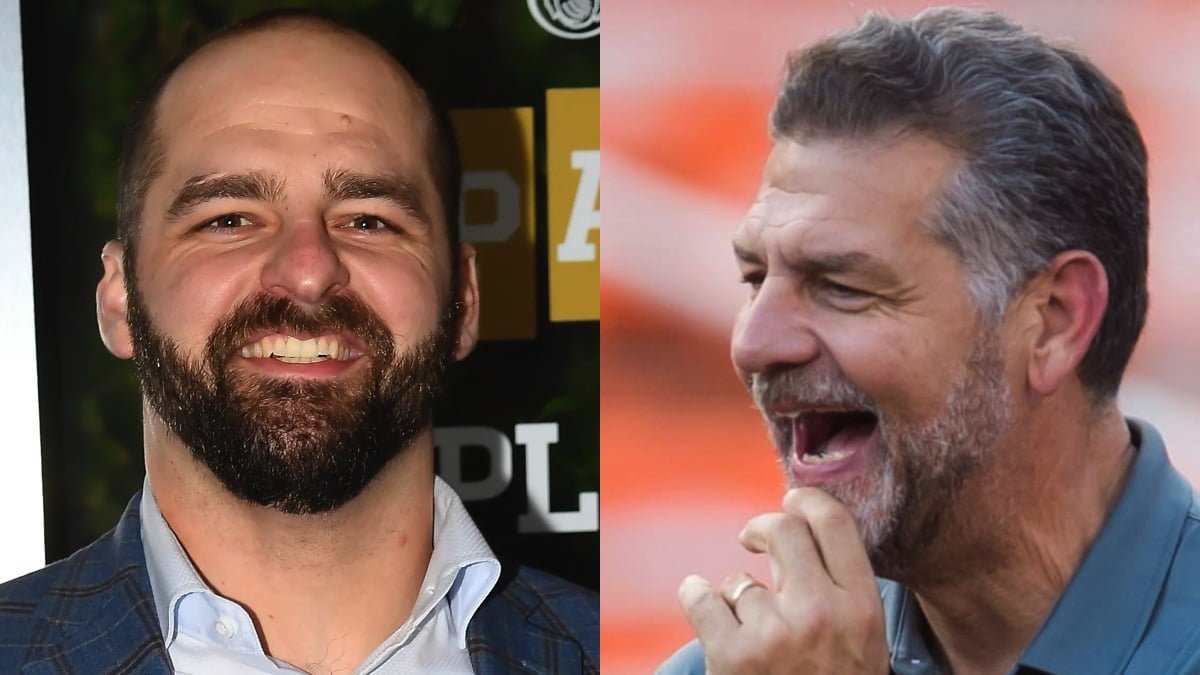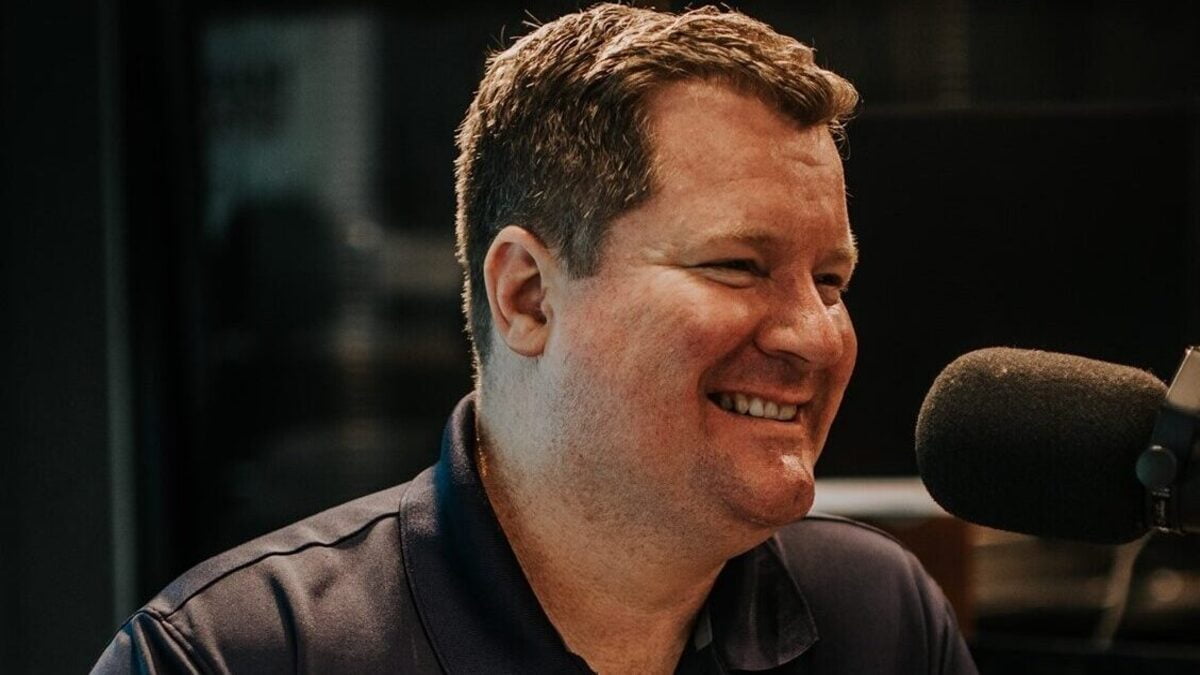Chances are pretty good these days that if someone asks you, ‘Hey have you heard that story about…?’ the answer is going to be yes. With the internet and social media if there’s a blurb about an athlete you’re probably already looped in on the anecdote. Right?
Why do I ask? My colleague Demetri Ravanos, related a story to me about something he heard on the Giants/Panthers preseason telecast the other day. The Giants broadcasters related a story after running back Chuba Hubbard carried the ball for Carolina. They referred to Hubbard playing at Oklahoma State for coach Mike Gundy, who owns exotic pets, including a donkey.
“I’ve got a donkey named Blackjack, and he’s got a really bad attitude. So that’s why I like him,” Gundy told ESPN. Only problem was that interview with the Worldwide Leader was done in 2017. For many, that story is ‘been there done that’ several times over.
Demetri asked me something to the effect “As a play-by-play announcer, how do you decide on using a fact or story about a player, without overkill?” It was a great question, so let’s dive into the subject. It’s a complicated one because it’s multi-layered. To me, it’s not only about an overkilled story, but even a “tired” storyline about a team or player as well.
For example, I’m sure Cubs fans were tired of hearing about the team’s World Series drought that reached 108 years before taking the crown in 2016. Tom Brady’s signature fact that he was picked in the 6th round of the 2000 NFL Draft at choice 199 was getting a bit old. I’ll bet you knew that Wade Boggs ate chicken before every game too, right? Cleveland Browns fans grew tired of hearing about all their quarterbacking problems and the list goes on and on.
Sometimes, we as announcers hook on to a fact and have a hard time letting it go. It’s not quite a crutch, but a go-to when needed. The story is in your back pocket, easily accessible, and committed to memory. It might be about where a player went to college or their hometown. Maybe it’s a little ditty about who their favorite team was growing up. You’ve heard them all before, especially those of you who listen to every game and every word.
So, is it a problem or just a nuisance to hardcore fans? Does it only bother those who have to listen, for whatever reason, to the opposing team’s broadcast? Can we pin this issue only on national broadcasters? The answer could simply be yes. But it’s a little more complicated than just that.
As broadcasters, you can’t assume that everyone is listening/watching every game, every inning, every quarter, or every half. Sometimes fans will make a bigger deal about a repeat story, or nugget, because the die-hard fan, is in fact doing all of the above. Broadcasters never know if a first-time listener/viewer has ever heard this fact before. You can’t assume that they have or not. It’s a fine line to walk, angering a big-time fan or enlightening a new fan.
Stories that seem overcooked could still be of value to these coast-to-coast games because there’s a good chance there are viewers not rooting for either team. Maybe they don’t even follow that team or player, so to them, it’s not something they’ve already heard countless times.
I also think that heartwarming stories can last a lot longer than other tidbits. The trials and tribulations of the 33-year-old rookie making his Major League debut finally is one of those that don’t expire right away. Drew Maggi’s road to the bigs took 13 years of toiling in the minor leagues. He got a standing ovation by the crowd. That one is worth playing in heavy rotation, since Maggi wasn’t a sure thing to stick around. In fact, 12 days after he was called up, he was outrighted to the minors.
Stories of perseverance or overcoming illness are always relevant to me. On the perseverance side, there’s Jon Singleton of the Astros and his story. Out of baseball after a drug issue, he cleaned up his act and was signed by Houston and this year hit his first Major League home run since 2015. These stories are inspiring and need to be told.
How do we figure out what is inspiring and what is tired? Announcers need to use the resources at their disposal. Media relations departments can be of great value in determining what is important at that moment and where they should focus the commentary. National broadcasters rely on these professionals more in the sense that they don’t cover the team on a regular basis.
If you have a question about what might be a good nugget about a player you’re broadcasting against, why not ask the other team’s broadcasters? They will certainly have a grip on how many times they’ve used that particular bit of information and maybe even how it’s been received. Opposing beat writers are probably the ones who originally dug up the information in the first place, so that might be a spot to go when in doubt as well.
There’s another great way to find out about old info and get new information. Talking to the players themselves. This isn’t always possible for the national folks, but certainly, the local announcers can use the resource for accurate and up-to-date information. The players will tell you if a storyline about them, a teammate, or the team itself is old and overdone.
Stories are the basis of a lot of what play-by-play sports are all about. Announcers by trade are storytellers. Just make sure you are telling the ones that have been researched, vetted, and trusted. Did you ever hear the one about…
Andy Masur is a columnist for BSM and works for WGN Radio as an anchor and play-by-play announcer. He also teaches broadcasting at the Illinois Media School. During his career he has called games for the Chicago Cubs, San Diego Padres and Chicago White Sox. He can be found on Twitter @Andy_Masur1 or you can reach him by email at Andy@Andy-Masur.com.







